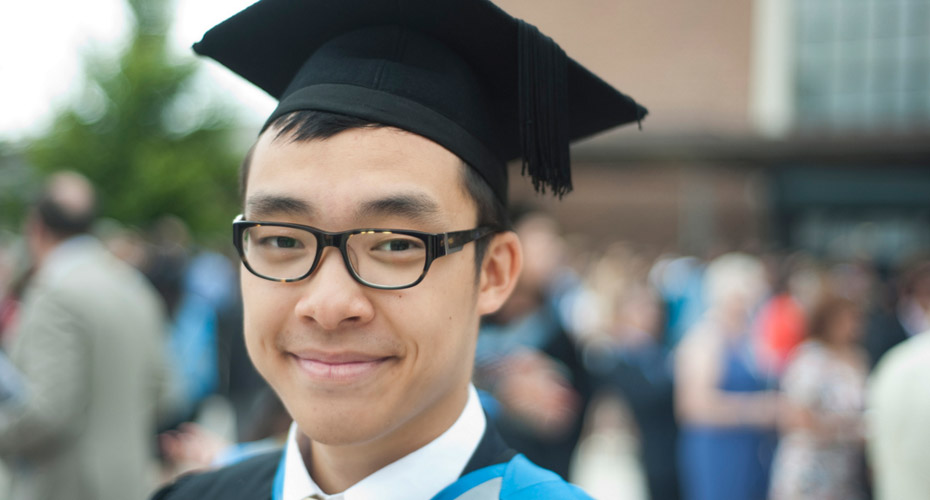Masters applications for 2023 entry are now closed.
Applications for September 2024 will open on Monday 25 September. Applications are now open for programmes with a January 2024 start. View our programmes »
| UCAS code |
1234 |
| Duration |
1 year full time
2 years part time |
| Entry year |
September 2024 |
| Campus |
Streatham Campus
|
| Discipline |
Modern Languages and Cultures
|
| Contact |
|
Overview
- Interpret and analyse complex textual and cultural artefacts using a range of skills desired by employers
- Work with leading scholars to explore the works of literature, art and thought that have shaped our global culture
- First-class teaching and supervision from leading experts
- Benefit from a range of guest speaker events, symposia and workshops linked to our diverse research centres
Top 150 in world subject rankings for Modern Languages
Top 10 in UK subject rankings for Modern Languages
100% of our Modern Languages and Linguistics research has internationally excellent impact
Taught by published translators and experienced practitioners, plus specialists in the use of machine translation and computer-assisted translation tools
Entry requirements
We will consider applicants with a 2:2 Honours degree with 53% or above in their first degree in a relevant subject area. While we normally only consider applicants who meet this criteria, if you are coming from a different academic background which is equivalent to degree level, or have relevant work experience, we would welcome your application.
Entry requirements for international students
English language requirements
International students need to show they have the required level of English language to study this course. The required test scores for this course fall under Profile B2. Please visit our English language requirements page to view the required test scores and equivalencies from your country.
Course content
Led by the Department of Languages, Cultures and Visual Studies, this MA allows students to access specialist teaching across 7 languages (Spanish, French, Italian, Russian, Chinese, German, Portuguese) and visual culture from the pre-modern to contemporary period.
Students can choose from a wide variety of option modules across Languages, Cultures and Visual Studies, English, Film, Publishing, Translation and other Humanities programmes.
The programme is divided into units of study called modules which are assigned 'credits'. The credit rating of a module is proportional to the total workload, with 1 credit being nominally equivalent to 10 hours of work. Students may also opt to take languages credits as part of their MA programme.
You may take the MA in Global Literatures and Cultures full time over one academic year or part time over two, completing the core module (30 credits), the compulsory dissertation (60 credits), and selecting three or more optional modules (90 credits), amounting to 180 credits in total. You will take the core module over Term One and Term Two, alongside one or two optional modules each term (subject options available).
The modules we outline here provide examples of what you can expect to learn on this degree course based on recent academic teaching. The precise modules available to you in future years may vary depending on staff availability and research interests, new topics of study, timetabling and student demand.
90 credits of compulsory modules and 90 credits of optional modules.
a Please note, you must only select a maximum of 30 credits from these modules.
Compulsory modules
| Code | Module |
Credits |
|---|
| SMLM113 |
Dissertation in Global Literatures and Cultures | 60 |
| SMLM235 |
Key Concepts for Global Literatures and Cultures | 30 |
Optional modules
| Code | Module |
Credits |
|---|
|
MLX MA GLC opt 2023-4 |
| AHVM002 |
Arts of the Contemporary World |
30 |
| CLAM078 |
Classical Reception: An Introduction |
15 |
| CLAM261 |
Homers Odyssey and the Caribbean |
15 |
| EAFM088 |
Sense, Sensation and Cinema |
30 |
| EASM106 |
Criticism and Theory: Current Debates |
30 |
| EASM150 |
Empire, Decadence and Modernity: Literature 1870-1910 |
30 |
| EASM151 |
Modernism and Material Culture |
30 |
| EASM152 |
Criticism and Theory: Critical and Literary Theory in a Global Context |
30 |
| EASM154 |
The Body and Identity |
30 |
| EASM167 |
World Cinema / World Literature |
30 |
| EASM173 |
Postcolonial Studies: Literature, Theory, Practice |
30 |
| EASM174 |
Writing Women in the English Middle Ages |
30 |
| EASM179 |
Translation and Publishing: New Approaches to Literary Activism |
30 |
| EASM180 |
Crossing Medieval Boundaries |
30 |
| EASM181 |
Romanticism and the Politics of Exclusion |
30 |
| SMLM156 |
Translation as Literary and Creative Practice |
15 |
| SMLM235 |
Key Concepts for Global Literatures and Cultures |
30 |
| SMLM236 |
Latin American Cinema: Race, Nation and Representation |
30 |
| SMLM237 |
Classical Reception and Contemporary Women's Writing |
30 |
| SMLM238 |
French Language and Culture in Medieval Britain |
30 |
| ARAM251 |
Esotericism and the Magical Tradition |
30 |
| ARAM214 |
Islamic Culture and Civilisation |
15 |
| ARAM248 |
Texts and Traditions in Islamic Intellectual History |
15 |
| ARAM227 |
Oral History: Principles and Practice |
30 |
| ARAM225 |
Gender and Politics in the Middle East |
30 |
| SMLM158 |
Translation as Cultural and Intermedia Practice |
15 |
|
MLX MA GLC opt note a 2023-4 [See note a above] |
| FLM3015 |
Classical Chinese |
15 |
| SML3041 |
Green Matters in Modern Languages and Cultures |
15 |
| HUM3002 |
Aliens Abroad: Science Fiction in Global Literature |
15 |
| MLM3008 |
Introduction to Modern Chinese Literature |
15 |
| SML3040 |
Women in Translation: Gender and Publishing in the 21st Century |
15 |
Fees
2024/25 entry
UK fees per year:
£12,000 full-time; £6,000 part-time
International fees per year:
£24,300 full-time; £12,150 part-time
Scholarships
We invest heavily in scholarships for talented prospective Masters students. This includes over £5 million in scholarships for international students, such as our Global Excellence Scholarships*.
For more information on scholarships, please visit our scholarships and bursaries page.
*Selected programmes only. Please see the Terms and Conditions for each scheme for further details.
Teaching and research
Learning
Here at the University of Exeter we offer first-class teaching and supervision from leading experts in the literature and cultures of Modern Europe (including the United Kingdom and Russia), as well as China, the United States, North Africa and Latin America.
Teaching
Most of the formal teaching will be done through a mixture of classes including lecturer-led, student-led and workshops, as well as experiential learning. You will be assessed in a variety of methods including coursework and group or research presentations.
Students are exposed to a range of teaching about the international circulation and exchange of ideas, with attention to challenging traditional hierarchies and power structures. Students will learn about a range of subjects, which may include in any given year: European and Global Modernisms, Chinese art and literature, Spanish and Latin American fiction, Translation, Cosmopolitanism, French medieval texts, Russian history, German architecture and Digital Humanities.
Dissertation
You will also carry out a Dissertation or Dissertation by Practice, which will require you to produce an original piece of independent research or practice-based work, based on your interests.
Research areas
Drawing directly on the internationally recognised research and teaching expertise across the department. Students will also have the opportunity to participate in research projects and events. For instance, our MA students were recently involved in organising the Translation Festival at the University and Central Library. Current research projects in the Department include Venezuelan Voices, Cartas Vivas, RusTrans and Narrating Maternity in Russian and Comparative Literature.
Centres
The Department of Languages, Cultures and Visual Studies operates a variety of Research Centres across all subject disciplines, including the Modern Languages Centre for Translating Cultures, the Global China Research Centre, the Centre for Imperial and Global History, the Centre for Medieval Studies, the Centre for Early Modern Studies, the Centre for Latin American Studies, the Centre for Intermedia, and the Centre for Victorian Studies.
These centres provide a lively and stimulating programme of visiting speaker events, symposia and workshops that will complement and enrich your postgraduate studies.
Read more
Careers
Our programme will develop your specific competences to interpret and analyse complex textual and cultural artefacts, you will graduate with a full range of skills that will make you competitive in the job market. Graduates can look to work in a diverse range of sectors including publishing, civil service, teaching, translation and more.
You will be encouraged to become a productive, useful and questioning member of society, be able to assimilate significant quantities of data (written text and visual sources) and express yourself clearly and with precision in oral and written form.
Careers and employment support
While studying at Exeter you can also access a range of activities, advice and practical help to give you the best chance of following your chosen career path. For more information visit our Careers webpages.
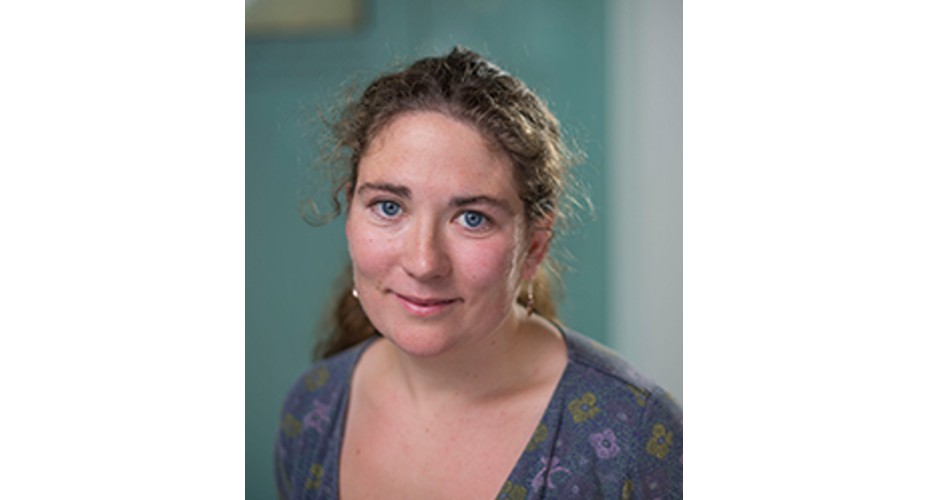
Professor Muireann Maguire
Professor of Russian and Comparative Literature
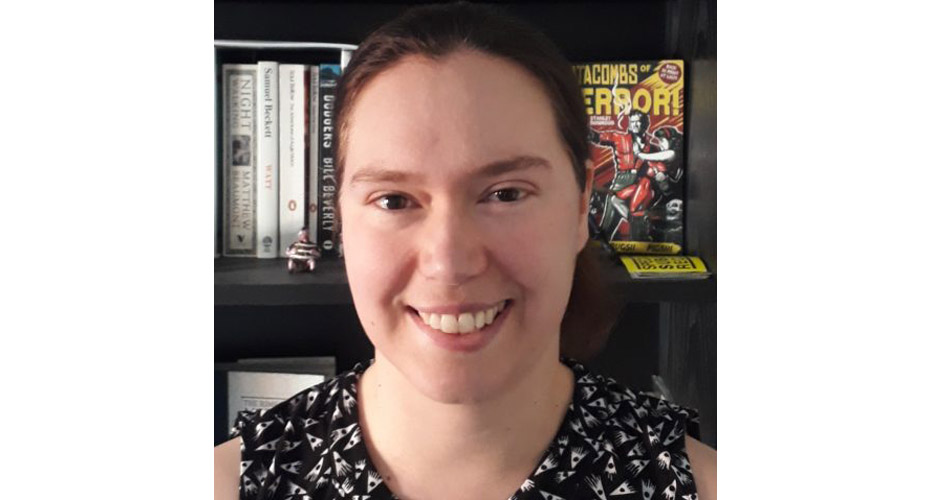
Dr Katie Brown
Senior Lecturer in Latin American Studies
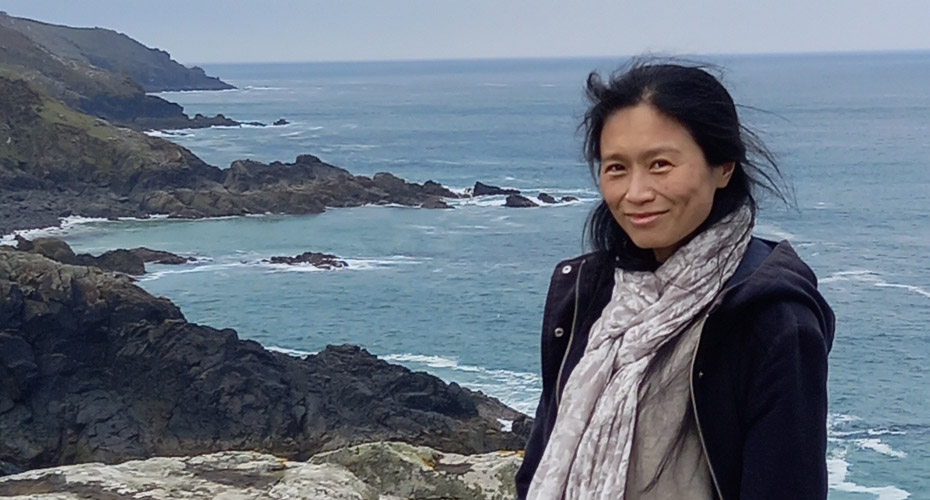
Dr Yue Zhuang
Senior Lecturer in Chinese, Art History and Visual Culture
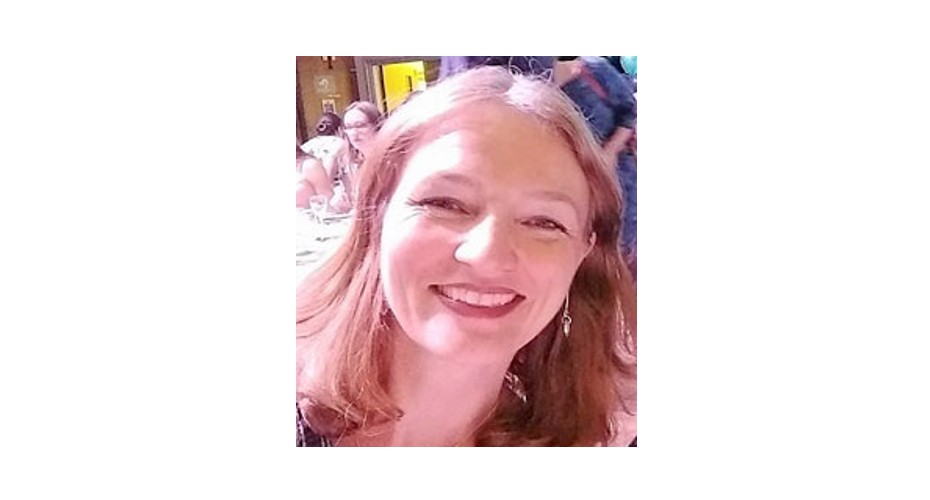
Professor Maria Scott
Associate Professor of French Literature and Thought
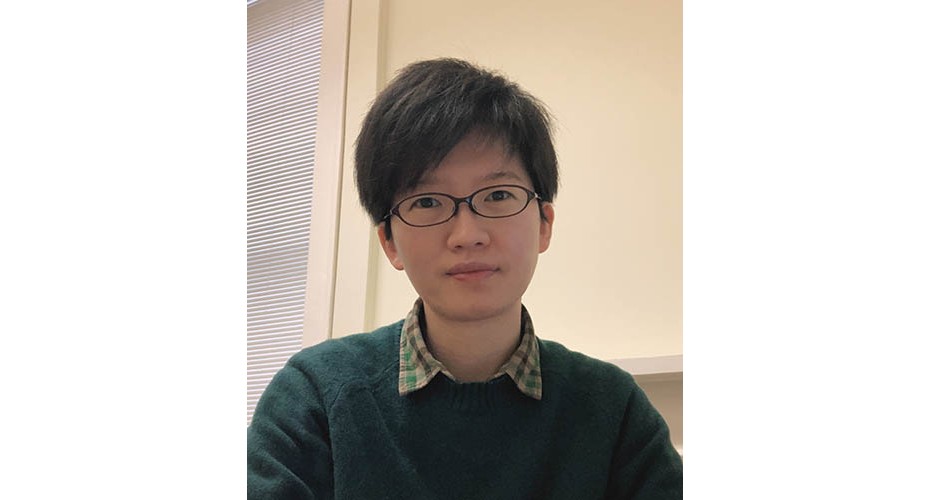
Dr Wenqian Zhang
Lecturer in Chinese and Translation Studies
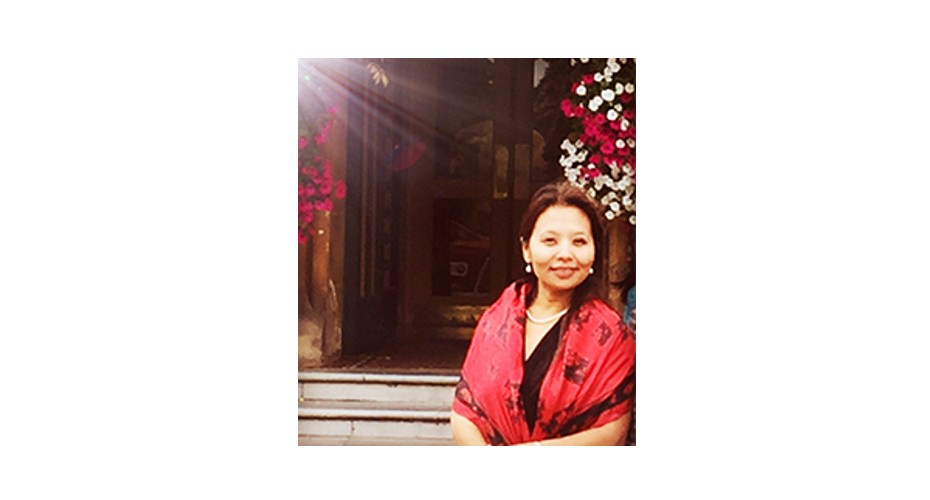
Dr Yan Wen-Thornton
Senior Lecturer (E&S)
Professor Muireann Maguire
Professor of Russian and Comparative Literature
Muireann Maguire is Professor in Russian and Comparative Literature at the University of Exeter. She is Principal Investigator on the ERC-funded Horizon 2020 project 'RusTRANS: The Dark Side of Translation: 20th and 21st Century Translation from Russian as a Political Phenomenon in the UK, Ireland, and the USA,' grant agreement no. 802437. This project, which is active until December 2023, explores the dynamics of Russian-English literary translation through a series of historical and/or contemporary case studies.
Professor Maguire's other research interests include gender studies, specifically the depiction of pregnancy, childbirth and breastfeeding in Russian and Western literature; her book Hideous Agonies: Myths of Maternity in Russian and Comparative Literature is in progress. In 2021-22, she is Principal Investigator on an AHRC Networking Grant, 'Salt Babies: Narrating Maternity in Russian and Comparative Literature'.
Profile page
Dr Katie Brown
Senior Lecturer in Latin American Studies
Katie specializes in contemporary Latin American culture, with a particular focus on Venezuela. Her main research interests are the circulation of people (travel, migration and exile) and of texts (publishing, cultural policy and translation). She also researches and teaches about intermediality and cultural responses to politics in the 20th and 21st century. She runs venezuelanvoices.exeter.ac.uk
Profile page
Dr Yue Zhuang
Senior Lecturer in Chinese, Art History and Visual Culture
With cross-cultural academic expertise in studies of the history of gardens and landscape art, Yue’s research areas straddle Chinese studies, art and architectural history, and visual culture. As a recipient of funding from EU Marie Skłodowska-Curie Actions, Swiss National Foundation, and The Leverhulme Trust, she has led a series of research projects (Matteo Ripa’s Views of Jehol, 2011-13; Entangled Landscapes, 2013; Nature Entangled, 2014-18; and Cultivating Happiness, 2016-17) all exploring the cross-cultural dynamics between China and Europe at the intersections of gardens and landscape art, intellectual history, and the history of Sino-European exchange. She is the co-editor of Entangled Landscapes: Early Modern China and Europe (2017), a volume initiating a paradigm for research innovation in studies of the global history of gardens and landscape art. At present, she is implementing a new collaborative project ‘Cultivating one’s garden: Eastern and Western Perspectives.’
Profile page
Professor Maria Scott
Associate Professor of French Literature and Thought
I am currently very interested in the notion that reading fiction can help to develop empathy, including Theory of Mind, in readers; I am exploring (and problematising) this idea from the perspective of (French) literary studies, looking at what literary fiction and literary theory have to say on the subject. My book Empathy and the Strangeness of Fiction: Readings in French Realism came out with Edinburgh University Press in April 2020.
My teaching and research tend to focus on 19th-century literature and culture. Many of my publications have focused on the work of the novelist Stendhal and the poet Charles Baudelaire, both of whom were also art critics. As the titles of my monographs suggest, I like to read works from unorthodox angles: Baudelaire's 'Le Spleen de Paris': Shifting Perspectives (Ashgate, 2005) and Stendhal's Less-Loved Heroines: Fiction, Freedom, and the Female (Legenda, 2013). The Baudelaire book won the Gapper Book Prize for the best monograph published in 2005 by a scholar working in the field of French studies and based in the UK or Ireland. The Stendhal book was published in French by Garnier in 2015.
Profile page
Dr Wenqian Zhang
Lecturer in Chinese and Translation Studies
I obtained my PhD in the fields of Translation Studies and Chinese Studies from the University of Leeds in January 2020, and was a postdoctoral fellow at the Leeds Arts and Humanities Research Institute (March-August 2020). Prior to joining the University of Exeter in September 2022, I taught on the MA Chinese language programme and the MSc Translation Studies programme at the University of Edinburgh (2020-2022).
Profile page
Dr Yan Wen-Thornton
Senior Lecturer (E&S)
Dr Yan is the first PhD researcher, who studied the longitudinal study of Chinese women entrepreneurs that focused specifically on the Chinese governments three decades economic reform period from 1980s-2000s. Her research has made a significant contribution to women entrepreneurship and to discover how Chinese culture, government policy and massive domestic market demand have influenced and affected Chinese womens’ entrepreneurial identity and their motivation to start-up new companies. Furthermore, Dr Yan is interested in Gender, literature and Psychology studies, she was awarded a qualification in Psychology studies by Oxford University.
Profile page
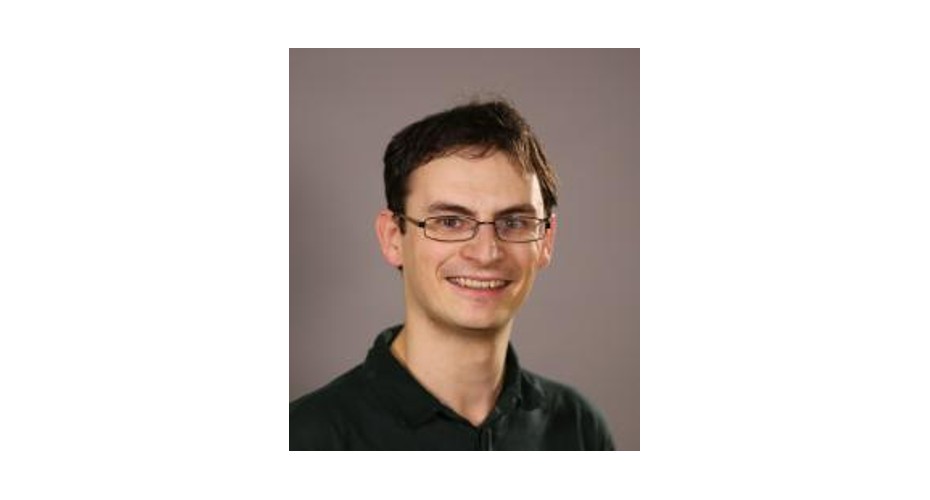
Professor Tom Hinton
Associate Professor of French Language and Literature
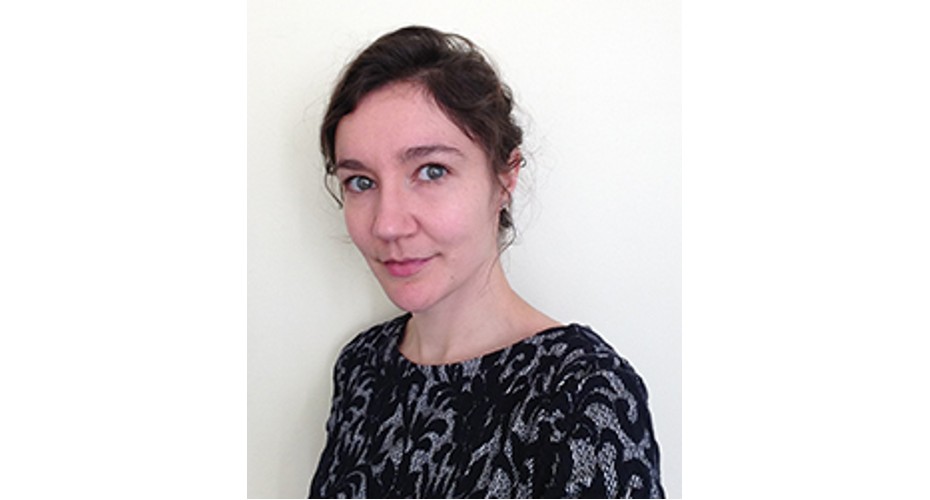
Professor Helena Taylor
Associate Professor of French and Comparative Literature
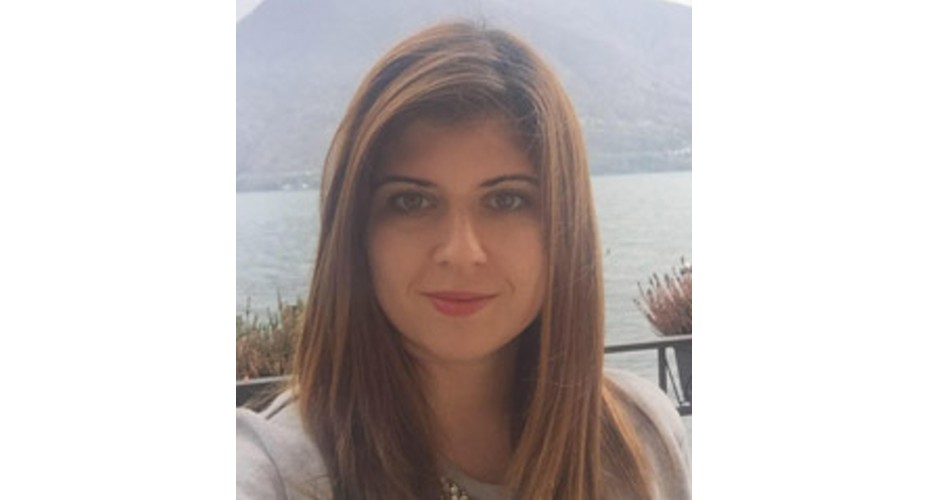
Dr Natalia Pinazza
Senior Lecturer in Portuguese Studies (Lusophone and Latin American Culture) (E&S)
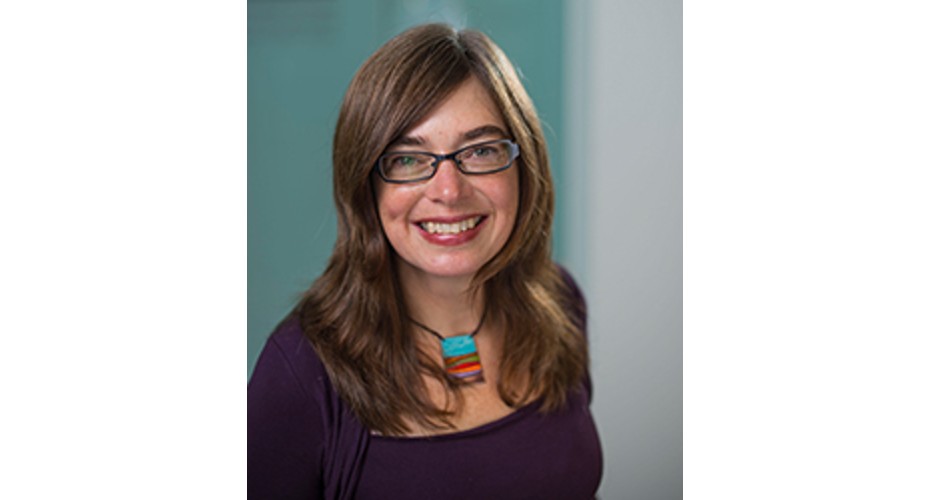
Professor Michelle Bolduc
Professor in Translation Studies
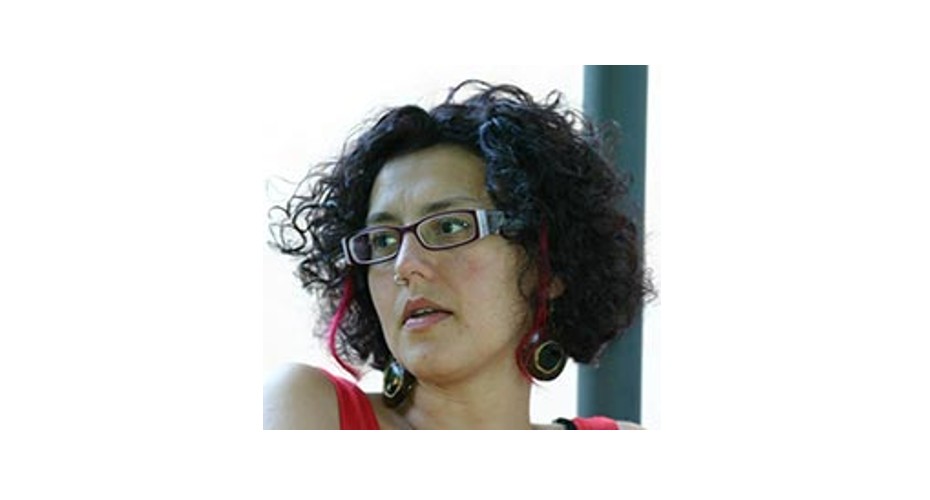
Dr Eliana Maestri
Senior Lecturer in Translation Studies
Professor Tom Hinton
Associate Professor of French Language and Literature
My research interests focus on medieval French and Occitan literature, especially of the twelfth and thirteenth centuries, with an interest in manuscripts and the material context of medieval texts; currently I am working particularly on the French of medieval England. More broadly, I am interested in the reception of literature; the uses of the past; the representation of the unfamiliar; narrative aesthetics; and theories of translation.
I offer modules on medieval French and Occitan literature and culture, as well as co-teaching on wider survey modules at all levels (UG and PGT). I also teach French language. In 2017 I won the University of Exeter Student Guild award for Best Postgraduate Supervisor and in 2023 I was shortlisted in the Champion for Students category.
Profile page
Professor Helena Taylor
Associate Professor of French and Comparative Literature
My research focuses on the intellectual and literary history of early modern France, particularly the seventeenth century. I am interested in cultures of learning, women's varied intellectual practices and their reception, classical reception, cultural quarrels, and translation studies.
My first book, published with OUP in 2017, examines the reception of the life of the ancient Roman poet Ovid in 17th-century French culture; my second book, Women Writing Antiquity: Gender and Learning in Early Modern France is forthcoming with OUP. I am currently leading a five-year project, Cultures of Philosophy: Women Writing Knowledge in Early Modern Europe, originally awarded as a European Research Council Horizon Europe Starting Grant and now funded by UKRI.
Profile page
Dr Natalia Pinazza
Senior Lecturer in Portuguese Studies (Lusophone and Latin American Culture) (E&S)
I was awarded my BA in Languages and Literature at the University of São Paulo. I hold an Academic Excellence Awards funded MA with distinction in European Cinema and an Overseas Research Student Awards Scheme funded PhD (Globalisation and the National Imaginary in Contemporary Agentine and Brazilian Cinema) from the University of Bath. I worked at the Cultural Sector of UNESCO headquarters in Paris. In 2012, I was awarded the UNESCO Keizo Obuchi Fellowship to explore intercultural dialogue through visual arts at the University of Ottawa, Canada. I taught content and language modules at the University of Cambridge, University of Sheffield, Regent’s University and Birkbeck College, University of London.
My research focuses primarily on journey narratives, film industry and issues of transnational cinema with a particular focus on Latin America and the Portuguese-speaking world.
Profile page
Professor Michelle Bolduc
Professor in Translation Studies
Michelle Bolduc, Professor in Translation Studies at Exeter, is an internationally recognized scholar of Translation Studies and Comparative Medieval Literature (French, Occitan, and Italian), and has published extensively on medieval literature (translatio) as well as on modern rhetoric--the New Rhetoric Project--and its translation. Under the direction of Barbara K. Altmann and F. Regina Psaki, she took a PhD in Comparative Literature with a specialization in Medieval Literatures from the University of Oregon; she has held positions at the University of Wisconsin-Milwaukee and the University of Arizona.
Author of Translation and the Rediscovery of Rhetoric (2020) and The Medieval Poetics of Contraries (2006), she has published extensively on medieval literature and rhetoric.
Profile page
Dr Eliana Maestri
Senior Lecturer in Translation Studies
Dr Maestri graduated in Modern Languages and Literature (English and French) from the University of Parma, Italy (2000) and obtained her PhD in Translation Studies from the University of Bath (2012). She was a EUOSSIC Erasmus Mundus Post-Doctoral Fellow in European Studies at the Universities of Bath and Sydney, Australia (2011-2012). She was also the recipient of the 2014 MEEUC Research Fellowship at the University of Monash, Melbourne, working on Italian Australian second and third generations as 'self-translators'.
Dr Maestri’s research focuses on the interplay between translation, migration, mobility, gender, literature and visual culture. Australia has inspired her, informing her research and approach to translation.
Profile page
